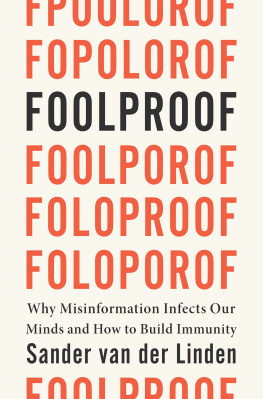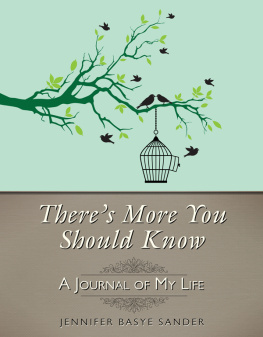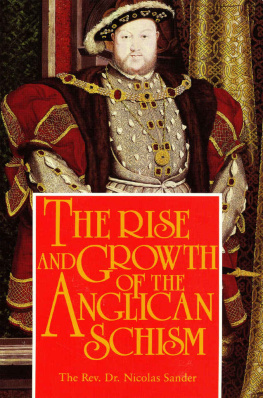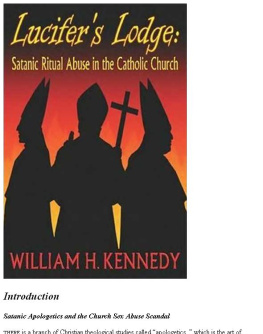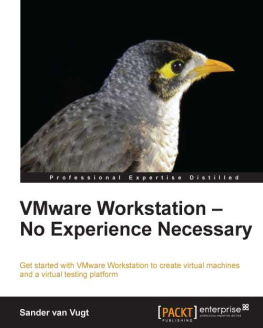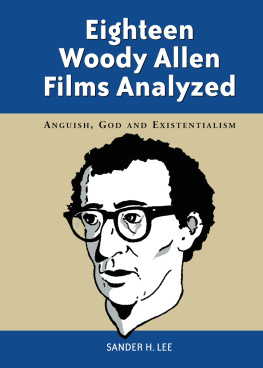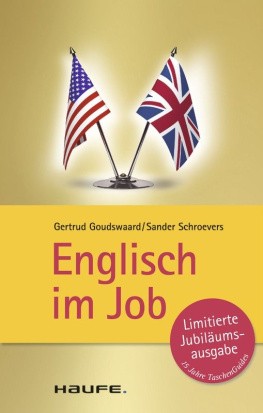First published 1995 by Westview Press
Published 2019 by Routledge
52 Vanderbilt Avenue, New York, NY 10017
2 Park Square, Milton Park, Abingdon, Oxon OX14 4RN
Routledge is an imprint of the Taylor & Francis Group, an informa business
Copyright 1995 Taylor & Francis
All rights reserved. No part of this book may be reprinted or reproduced or utilised in any form or by any electronic, mechanical, or other means, now known or hereafter invented, including photocopying and recording, or in any information storage or retrieval system, without permission in writing from the publishers.
Notice:
Product or corporate names may be trademarks or registered trademarks, and are used only for identification and explanation without intent to infringe.
A CIP catalog record for this book is available from the Library of Congress.
ISBN 13: 978-0-367-29055-9 (hbk)
I would like to thank Theodore W. Schultz for introducing me to the economics of the family. My interest in Catholic families derives from suggestions that he made for research topics over a decade ago. Part of the title of this book is borrowed from his Economics of the Family: Marriage, Children, and Human Capital. I am also grateful for comments from Gary Becker, Gabriella Bucci, Andrew Greeley, Avery Guest, Tim Futing Liao, Steven Rivken, and Theodore Schultz on some of the chapters in this book. Dean Birkenkamp from Westview Press provided valuable editorial suggestions. The Department of Economics, the College of Commerce, and the University Research Council, all at DePaul University, provided research support for this project for which I am thankful. I would like to acknowledge Anthony C. Krautmann, my coauthor in two of the chapters of this book. I am also indebted to Laura Bryniarski, Charles Koretke, and Peter Obst for typing assistance.
William Sander
1
Introduction
In The Catholic Myth Andrew Greeley, the noted Catholic sociologist, argues that Catholics are often misperceived in the United States. Greeley, probably more so than any other scholar, has contributed greatly in correcting myths about Catholics. He does so by analyzing large data sets on Catholic households. This book is written in the same spirit. Several national data sets are used to estimate the effects of a Catholic upbringing on decisions regarding marriage, fertility, and investments in human capital.
The book is not a comprehensive study of Catholic families. Instead, it is a study of several issues regarding Catholics that have been of particular interest to researchers. The first half of the book focuses on issues regarding marriage and fertility. These include the effects of a Catholic background on age at first marriage, the odds of marriage and divorce, the probability of intermarriage, and, as noted above, fertility.
The second half of the book focuses on human capital issues. Human capital refers to the productive abilities of individuals in the economy. It is acquired through such activities as formal education, work experience, and health habits. Most research indicates that human capital is of increasing importance in the economy (e.g., Becker, 1980). Those with more human capital have higher earnings and better jobs than those with less human capital.
The human capital issues that are explored include the effects of a Catholic heritage and Catholic schooling on academic achievement, employment, and earnings. Also, the relationship between a Catholic upbringing and selected health habits (smoking, abusing alcohol) is the focus of one chapter.
A more detailed overview of the chapters of the book and selected key findings follows. In upbringing on (1) age at first marriage, (2) the odds of having never married, and (3) the likelihood of divorce is explored. Previous studies show that Catholics have tended to marry at a later age and have been more likely to have never married. Most studies also show that Catholics have been less likely to dissolve their marriages. New findings in this chapter include a Catholic upbringing having a declining effect on the age at first marriage for women over time and no effect on the divorce rate of younger Catholics.
focuses on interfaith marriages by Catholics. One issue that receives particular attention is how interfaith marriages are measured. One of the important findings in this chapter is that if religious upbringing is used to measure mixed marriages, the rate for Catholics is relatively highabout one in two marriages. If religion at the time of marriage or thereafter is used to measure intermarriage, the rate is much lower.
It is widely perceived that Catholic families are relatively large. shows that although a Catholic upbringing resulted in higher fertility for women born before 1920, this is no longer the case. A Catholic upbringing has either no effect or a very modest positive effect on the number of children ever born to women who were born after 1920. An additional issue that is explored in this chapter is how the measurement of the Catholic population affects fertility. It is shown that ex-Catholics tend to have relatively small families and converts to Catholicism tend to have relatively large families. Thus, if ex-Catholics are excluded from the Catholic population and converts are included this tends to inflate Catholic fertility.
There have been numerous hypotheses on the effects of a Catholic heritage on education. If one goes back in time, the hypotheses were often of the sort that Catholic values resulted in lower levels of academic achievement. More recently, some researchers hypothesize that Catholics have higher levels of academic achievement because Catholic schools are superior to public schools. all focus on the issue of the effect of a Catholic background and a Catholic education on various measures of academic achievement. It is shown that Catholics do particularly well relative to some religious groups such as Baptists and not as well as others such as Jews.
Further, it is shown that Catholic high schools have a large negative effect on dropout rates and a positive effect on the test scores of African-Americans and Hispanics. It could not be shown that Catholic high schools increased non-minority test scores. One of the issues that receives particular attention in the chapters on Catholic schools is the effect of selection into the Catholic school sector on measures of academic achievement. That is, favorable Catholic schools effects might be attributed to Catholic schools selecting better students rather than an independent Catholic school effect.
examines the relationship between a Catholic heritage and earnings and employment. It is shown that Catholic men earn substantially more than Baptist men and less than other Protestant men. However, when human capital and other background factors are taken into account Catholic men are no longer at a disadvantage relative to other Protestant men although they are still at an advantage relative to Baptist men. It is also shown that Catholic women with earnings earn more than Protestant women, but Catholic women are slightly less likely to work in the market relative to Protestant women.
The last substantive chapter of the book () focuses on the effects of a Catholic background on selected health habitssmoking and abusing alcohol. The key findings include a slightly higher incidence by Catholics in drinking alcohol and abusing alcohol. The incidence of smoking by Catholics is found to be at about the national average.



